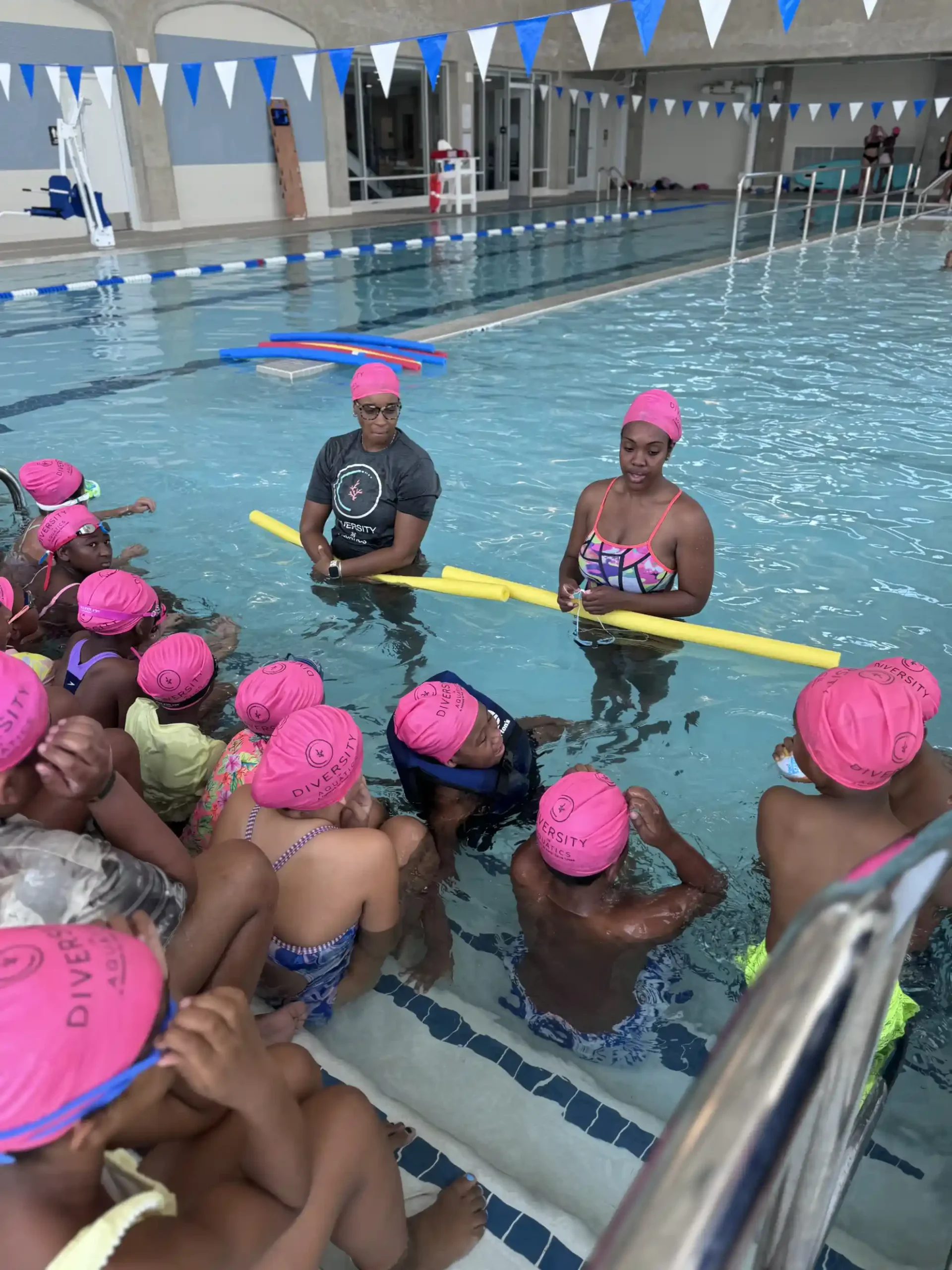Finding the Perfect Aquatics Program
Engaging in an aquatics program can be a rewarding experience, whether you're looking to build confidence in the water, improve fitness, or even train for competition. Selecting the right program depends on your individual needs, goals, and preferences. This guide will help you navigate the various options available, evaluate program quality, and ensure that your choice aligns with your lifestyle.
Aquatics programs vary widely, catering to different skill levels, interests, and objectives. Below are some of the most common types:
Understanding these options will help you determine which program best fits your needs and interests.
Before selecting a program, it’s important to clarify what you hope to achieve. Consider the following factors:
Identifying your primary objectives will help you choose a program that aligns with your interests and long-term aspirations.
Not all aquatics programs are created equal. To ensure a positive experience, consider the following aspects when evaluating a program:
Taking these factors into account will help you choose a high-quality program that meets your needs.
To make the most of your aquatics program, it should fit well within your lifestyle. Consider these practical aspects:
By considering these factors, you can select a program that seamlessly integrates into your routine.
Look for certifications, experience, and a teaching style that matches your learning preferences.
Choose a program that aligns with their skill level, offers a supportive environment, and has qualified instructors.
Yes, many facilities offer adult swim lessons catering to beginners and those looking to refine their skills.
Essentials include a swimsuit, towel, goggles (if needed), and any required paperwork for registration.
Regular attendance (at least 2-3 times per week) helps reinforce skills and build confidence.
Yes, many organizations offer adaptive swim lessons and accessible facilities for diverse needs.
Absolutely! Beginner-friendly programs and lessons are available to help individuals build skills at their own pace.
Water aerobics provides low-impact exercise, reducing joint stress while improving strength and cardiovascular health
Start by joining a structured training program with a coach and participating in local competitions.
Research online, check community centers, and ask for recommendations from local swimmers or instructors.
